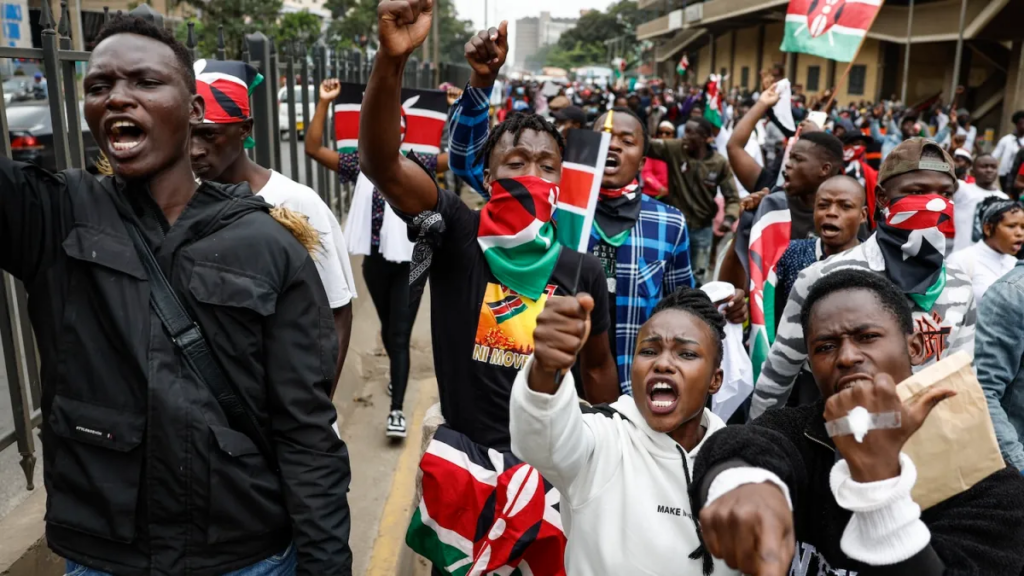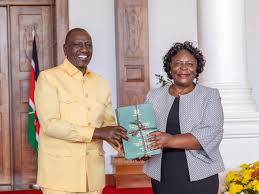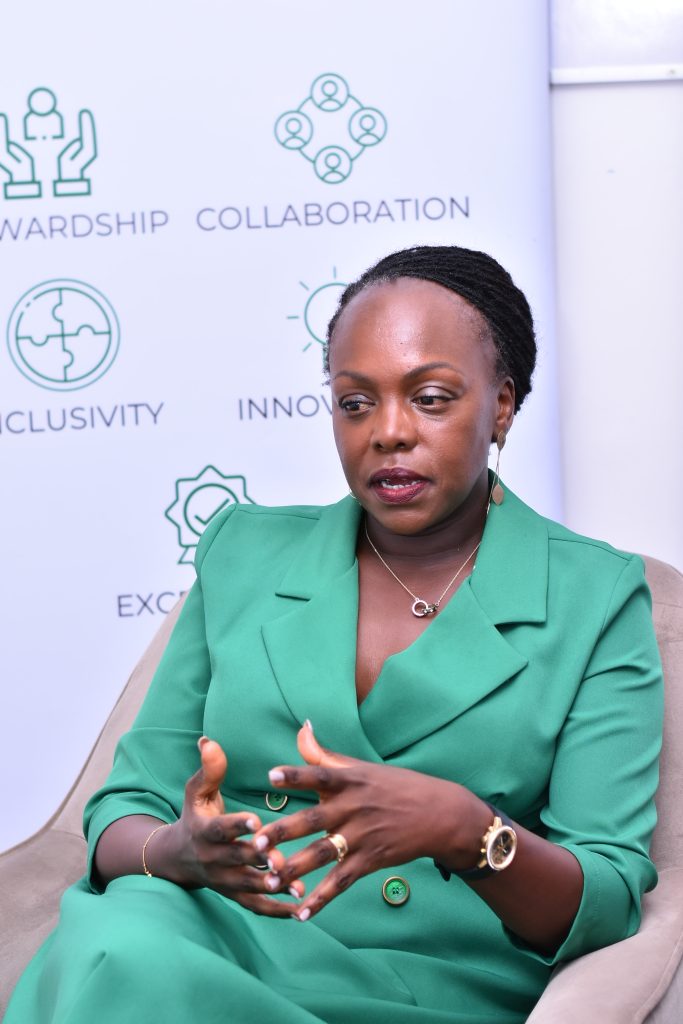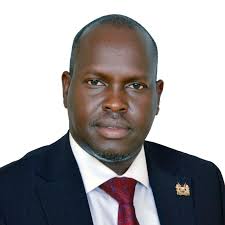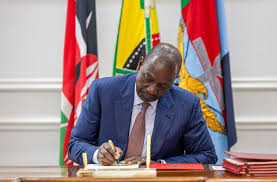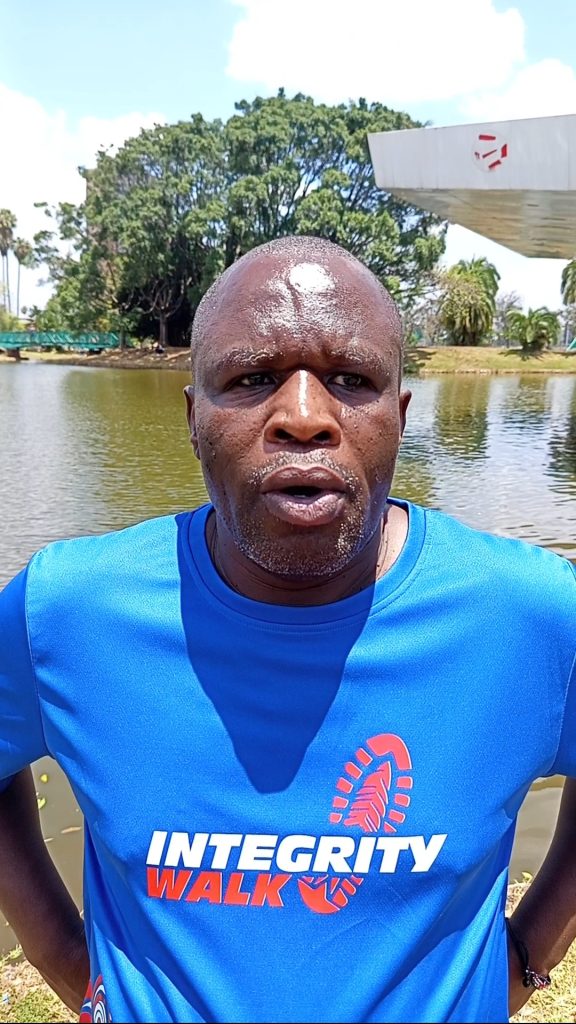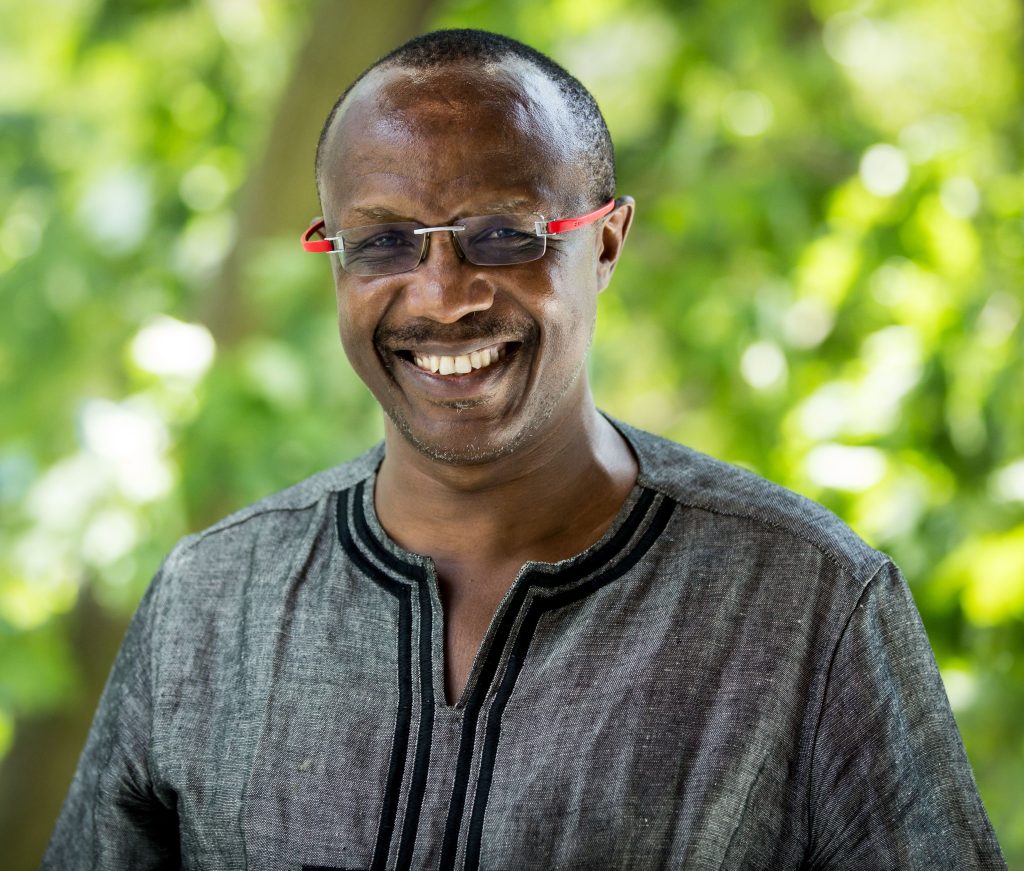By Wahome Ngatia
As Kenya prepares to host LEAP Africa’s first Kenyan chapter in early 2026, the moment is far greater than a new office opening. It signals a pivotal realignment: placing young leaders—not merely as beneficiaries, but as architects—at the heart of African renewal.
The importance of youth leadership in Africa
With over 60 % of Africa’s population under 25, and Kenya’s youth bulge rapidly gaining prominence, leadership for the next decade must be youth-shaped. The World Bank’s Human Capital Index places Kenya ahead of much of sub-Saharan Africa with an HCI score of 0.52, indicating strong foundational potential among its young citizens. Yet potential alone is not destiny. Youth unemployment remains high, decision-making spaces remain adult dominated, and the pathways from talent to leadership are often blocked. This is where an organisation like LEAP Africa can make a difference.
LEAP Africa: from Nigerian roots to continental reach
Founded in Nigeria in 2002, LEAP Africa (Leadership, Effectiveness, Accountability & Professionalism) set out with a clear mission: “To inspire and empower African youth by developing capacity and providing resources for transformative … leadership.” Over the years, it has developed programmes spanning education, entrepreneurship, employability, active citizenship, and health & wellbeing — what the organisation refers to as its “3 Es + AH” framework.
According to LEAP’s own reach-report, its recent campaigns span more than 28 African countries, mobilised over 10,000 volunteers and engaged thousands of young change-makers through its annual Youth Day of Service. In projects across Nigeria alone, the 2023 cohort of its Youth Leadership Development Programme (YLDP) involved participants from over 400 tertiary institutions, reached more than 150,000 indirect beneficiaries, and changed the mindset of 98 % of participants who no longer saw government as the only actor in national development.
Why Kenya now? Why youth now?
The entry of LEAP Africa into Kenya is timely and strategic. Kenya is already recognised as a regional hub for innovation, democracy and digital connectivity. Young Kenyans are not only technology-adept — they are socially and politically vocal. By establishing operations here, LEAP taps into a dynamic youth ecosystem where leadership, entrepreneurship and civic engagement are intersecting in powerful ways.
Mentoring must evolve beyond training to equip young people with the agency to lead. Wherever youth – especially those from marginalised backgrounds – are helped to step into decision-making roles, the difference is felt: programmes become more authentic, responsive and sustainable.
What mentoring should look like in practice
- Early leadership exposure: Teenagers need to learn leadership not as theory but practice — e.g., school planning committees, peer-led civic projects.
- Entrepreneurial mindset: In an era where job creation matters more than job seeking, young people must be coached in innovation, business acumen and social enterprise. LEAP’s Social Innovators Programme, for example, supports youth-run social ventures across Africa.
- Digital fluency and citizenship: The future of leadership is online as well as offline. Kenyan youth already shape discourse via digital platforms — organisations must meet them there and empower them there.
- Inclusivity in mentoring: Young women, youth with disabilities, rural youth and those from informal settlements should not only participate in mentoring programmes — they must shape them. Inclusive models drive legitimacy and impact.
- Sustainable pipelines – not one-off programmes: Mentoring must embed leadership development into the fabric of schools, communities, corporations and public institutions to cultivate a generation that consistently moves into leadership rather than being periodically ‘trained’.
What Kenya stands to gain
When youth are equipped to lead:
- Schools become hubs of innovation and local problem-solving.
- Youth-led businesses create jobs and remain rooted in local need.
- Civic engagement becomes inter-generational and sustained, not episodic.
- The country gains a trusted leadership cohort that is accountable, creative and anchored in community.
For LEAP Africa, entering Kenya is more than setting up a new office — it is about institutionalising mentorship and leadership for a generation that could define Africa’s next two decades.
A shift in perspective
The story here is less about what LEAP Africa will do in Kenya and more about who will lead. It’s about recognising that the continent’s future lies in youth who are equipped, supported and empowered. It’s about mentoring not just for inclusion, but for leadership. It’s about transforming young people into decision-makers, change-makers and nation-builders.
As Kenya’s youth population grows and as the world evolves, this mentorship moment is a strategic inflection point. With the right support, Kenyan youth are not just the next generation of leaders—they are this generation’s leaders.
And that makes all the difference.

